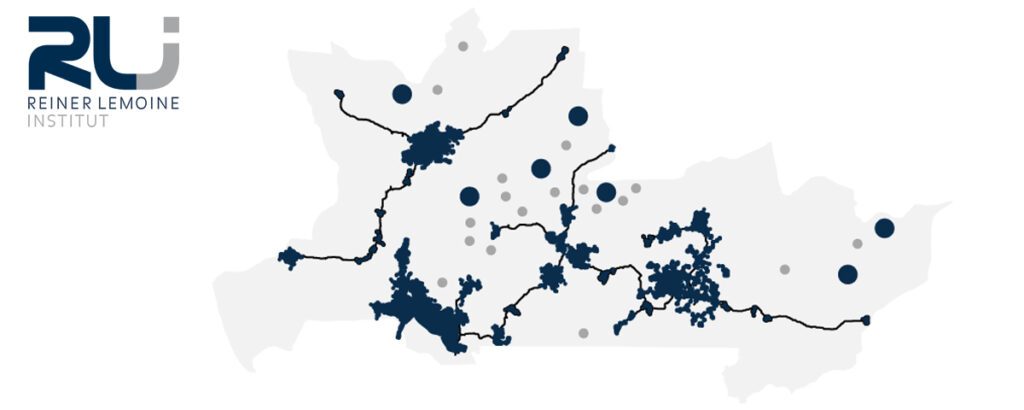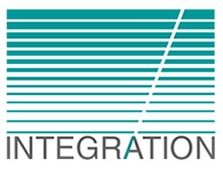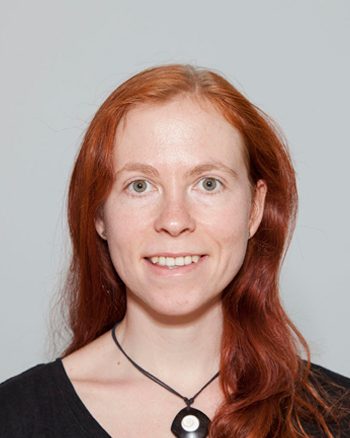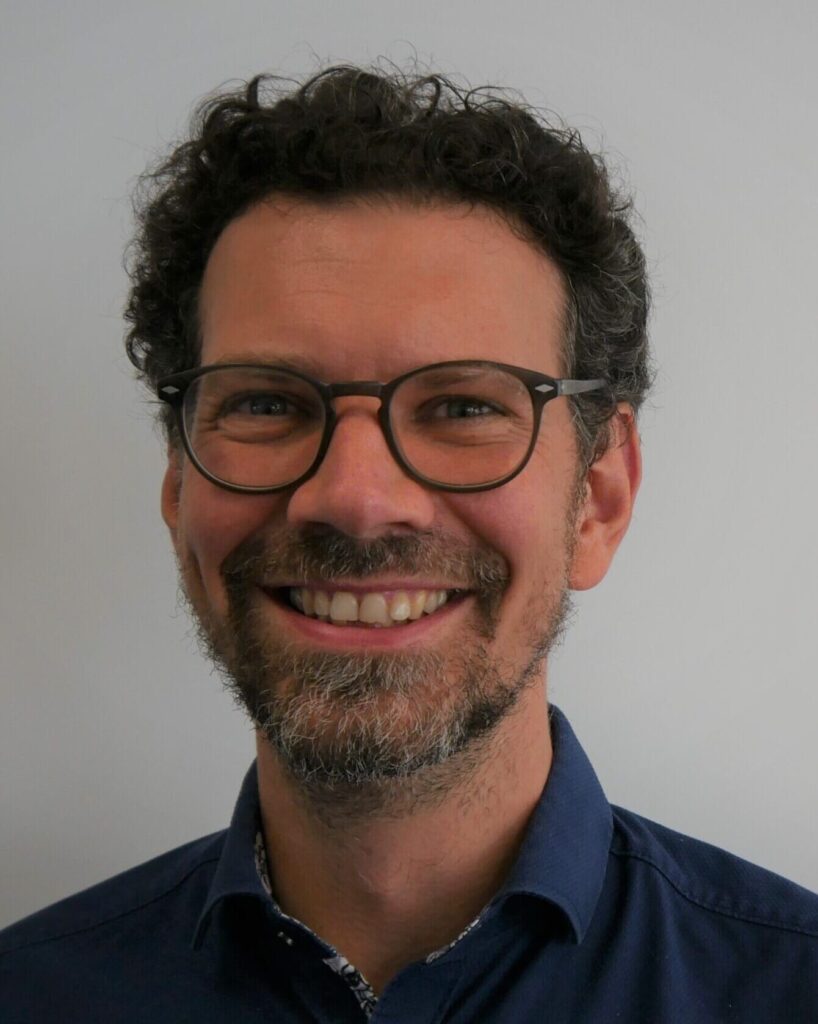Nigerian Energy Support Programme II

Project description
The overall objective of the Nigerian Energy Support Programme II (NESP II) is the creation of a comprehensive data portal on energy access for Nigeria. It is a follow-up project of the first NESP project in which RLI partnered with INTEGRATION GmbH in a joint venture. During this first project, electrification plans were developed for five Nigerian States about how rural areas could possibly be supplied with electricity.
In the NESP II Project, RLI will again work together with the partner INTEGRATION GmbH. As part of the project, the aim is to collect and create comprehensive datasets regarding the status of electrification across Nigeria.
Data on the location of settlements and their respective status of electrification will be collected, created and developed by using existing datasets, such as global population data sets derived from satellite imagery, official data, as well as crowd-sourced data from OpenStreetMap.
In addition, new data will be collected by surveys, covering various level of detail, such as household or village surveys. The data creation is accompanied by the establishment of a database management system to allow for a structured use, add-on and update of the data.
Resulting datasets will be visualized and made available to respective stakeholders. Based on this, data analyses can be used to inform the public sector to lead to decisions as well as being an indicator for private sector market potentials.
Project duration: October 2018 – März 2021
Tasks
- Collect and create comprehensive datasets regarding the status of electrification across Nigeria byUsing existing data sources
- Creating new datasets by digitizing building footprints using high resolution satellite imagery
- Supporting survey development to collect more detailed information on local circumstances. Surveys will be conducted in all six geopolitical zones of Nigeria.
- Accompany the establishment of a spatial database management system
- Support the visualization of the data and information in cooperation with Nigerian counterparts, such as the Ministry of Power, Works, and Housing (FMPWH).



